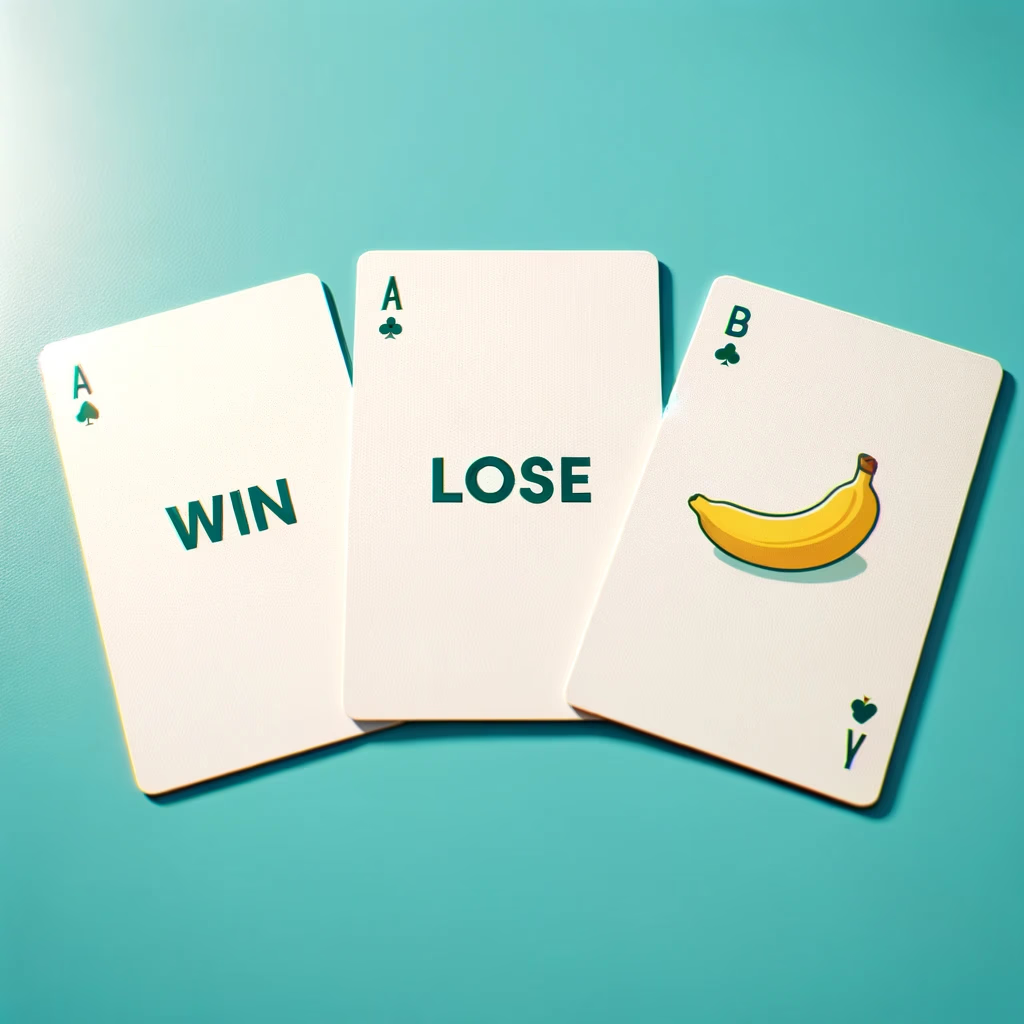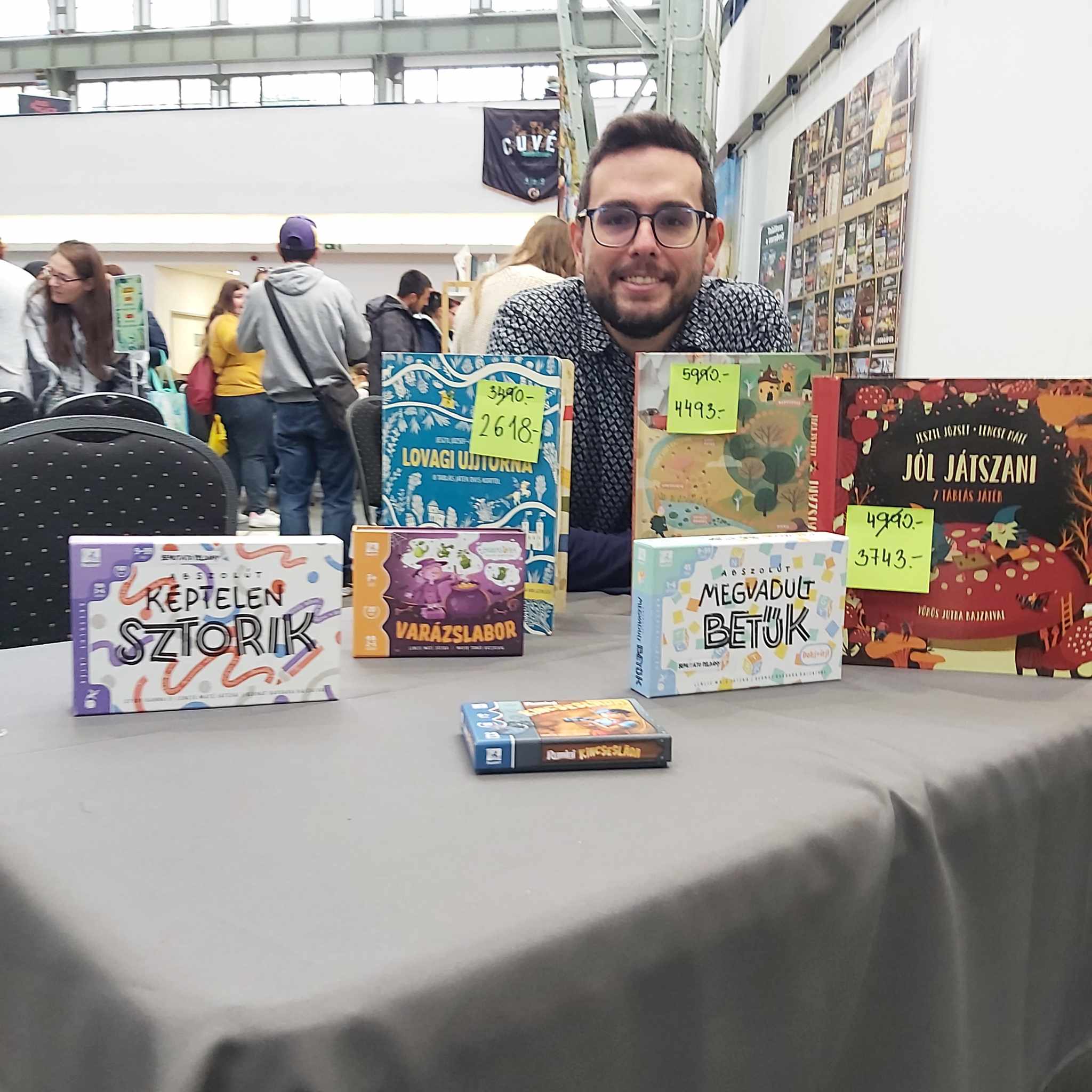A truly memorable gathering with friends doesn't depend on how many cards, boards, dice, or other tools are used in the games. In this article, we've compiled a few game ideas that require no or barely any tools, and the latter are such that can be found in every home.
Games to play without absolutely anything
Truth or dare, a classic!
The game is all about a daring test of honesty and boldness among a group of friends. The mechanics? They're as simple as pie.
First, gather around in a circle and decide who gets to play the inquisitor first. This person will choose a target and utter the phrase, "truth or dare." The target must then choose between revealing a truth (usually a secret, something personal, or answering a pressing query from the group) or performing a dare (which can be anything from the hilariously silly to the downright outrageous).
Pros of 'Truth or Dare' include hilarious fun, bonding time with friends, and a chance to reveal interesting details about each other. But like any game, it also has its bumps. Things could get too personal, pranks might go wrong, or someone could end up feeling uncomfortable. It's important to set boundaries before getting started.
Unlike solitary screen-based activities, board games encourage face-to-face interaction. People must communicate, collaborate, and negotiate with each other, fostering essential social skills such as teamwork and empathy.
I Spy!
I Spy is essentially a guessing game that tests your powers of observation. Brilliant for road trips or a quiet afternoon indoors.
Here's how to play it. One player selects an object in their immediate vicinity and says, "I spy with my little eye something that is..." followed by a descriptor of the object, such as its color, shape, or size. The other players then take turns guessing what the object might be.
The pros of 'I Spy' are many. It's an excellent game for developing observation skills and vocabulary. Plus, it's the ultimate portable game - all you need is somewhere to look!
Hangman
Good old Hangman, a game that brings back some school lunchtime memories for me! You've got a word to guess, but if you err too many times, your scribbled stick figure meets an unfortunate end.
Playing Hangman is as simple as it is engaging. One participant thinks of a word and draws a blank line for each letter of that word. The other players then guess letters, one at a time. If a guessed letter is in the word, it's written in the appropriate blank(s). If not, one part of the 'hangman' is drawn. The goal is to guess the word before the hangman drawing is completed.
A clear-cut pro of Hangman is that it's a prime tool to enhance vocabulary and spelling skills. It also allows for some serious deductive reasoning.

Never Have I Ever
"Never Have I Ever" is a popular party game that puts your truths (and those of your friends) front and center! It's a great way to get to know your friends a little bit better.
To play the game, everyone sits in a circle and takes turns saying something they've never done before, starting the sentence with "Never have I ever...". Everyone who has done the thing mentioned must take a drink.
The tools needed for the game are quite simple: just everyone involved and choice of drink. It is best played with a group for variation in responses. The more diverse the experiences, the funnier the game gets!
Games to play with some minimal thingys
NIM (played with pebbles 🪨🪨🪨 🪨🪨🪨)
If you have children, then you likely have a bunch of pebbles at home that you can finally put to use. But if not, you can play this game with buttons, matchsticks, or anything else that can be arranged into piles. There are many variations, let's now look at the one where you arrange 15 pebbles (or whatever you're using) into piles of 5, 4, 3, 2, and 1, like this:

The game can be played by two people. Taking turns, players pick up pebbles, and the winner is the one who can pick up the last pebble. The only rule for picking up is that you can only take from one pile per turn, but you can take any number from that pile. So, if you choose the pile with 4 pebbles, you can pick up 1, 2, 3, or 4 pebbles—it's your choice, but you can't take from another pile in that turn!
And if you have not just 15, but also 16 pebbles, then arrange them into four columns of four pebbles each, like this:

In this case, the rule is that you can only pick up adjacent pebbles from the same row or column (so you can't pick up pebbles at once where a gap forms), which adds a new challenge to the game.
But if you're just looking to have fun, play the game with food (snacks?) – whatever you pick up, you have to eat (or drink). This adds a new dimension to the game, as it might not be wise to pick up all five items from a 5-pebble pile, but if those 5 cubes are delicious chocolates, then it might be worth considering.
Pig (played with one die 🎲)
For Pig, you only need a single die and at least two players, though it works well with four or five players too. The winner is the one who first reaches 100 points, which you accumulate by adding up the values of your rolls. When it's your turn, you simply roll and add up the value of your rolls.
For instance, a roll of 5 followed by a roll of 6 means you have 11 points. But be careful! The twist of the game is that if you roll a 1, you reset your score for that round. So, if you roll a 5 and a 6 and then a 1, you score 0 points for that round and must pass the die to the next player. You can prevent this by writing down your accumulated points. For example, if you roll a 6, a 4, and a 3, you can choose to write down these 13 points, which are then safe. However, you must then also pass the die to the next player, ending your turn.
Remember: your turn also ends if you roll a 1. The first player to reach or exceed 100 points wins the game.
Pig is a real mischievous game; it always surprises me how well it can hold attention. Nobody checks out when it's not their turn because we must pay attention to the others, in case they also roll a one, and we can tease them a bit.
Katego (2 dice 🎲🎲 - and some 🧠)
Katego is a slightly more complex game, as it requires not just 1, but 2 dice to play, and also a table like this, which isn't too complicated:

In this game, players take turns, but each only rolls once. The value you roll with the two dice is always your choice to enter into one of the columns, and the player who writes the highest number in a given column wins the value of that column. So, if in the 4-point column, Player 1 writes 7, Player 2 writes 8, Player 3 writes 5, and Player 4 writes 10, then Player 4 wins the column, which will score them 4 points in the final tally.
A funny twist is that ties cancel each other out, so if two players both write 12 in a column, then the laughing third, even with two ones, could win there. The winner, of course, is the one who scores the most points overall.
This game requires more thinking, and there's a bit of strategy involved, but remember, this is ultimately still a game of chance.
Bas (also 🎲🎲 but more 🤣🤣🤣)
If we've already found two dice at home and we'd rather laugh than think, then Bas, a simple bluffing game, is our game.
Actually, any number of people can play. The essence is that the two dice are with the player whose turn it is. They roll the dice in such a way that only they can see the result, and then they must state a value they've rolled, but this doesn't have to be true. The next player decides whether to believe it or not. If they do, they ask for the dice and roll themselves.
An important rule is that the stated value must always be higher than the previous one. The two dice always form a two-digit number, with the larger number always coming first, so a 1 and a 3 is always 31; in Bas, you can't roll a 13. If you don't believe what the previous player said, you can challenge them. If they indeed lied, you catch them, and you get a point; if you were wrong and they told the truth, they get the point.
The value table for Bas, in descending order, looks like this: 21, 66, 55, 44, 33, 22, 11, 65, 64, 63, 62, 61, 54, 53, 52, 51, 43, 42, 41, 32, 31.
It doesn't seem too complicated, but it's a very interesting feeling to have no time to think; you see what you rolled and must say something immediately. You can't weigh what would be good to lie about because hesitation gives you away. It's quite easy to get confused in the game, and thus it's quite easy to have a great laugh at ourselves and others alike.
Win, Lose or Banana 🍌 (played with 3 cards🃏)
In Win, Lose, or Banana, there are only three cards, so it can be made at any time, though only three can play.
You need a Win, a Lose, and a Banana card. Shuffle the cards and distribute them. The Win reveals itself and tries to guess who has the banana. The other two players argue that they are indeed the banana. If Win correctly guesses who the banana is, both Win and the banana get 1 point; if Win guesses Lose, only Lose gets points, and they get two! The game goes up to 6 points, but you can play longer.

It seems like silly nonsense and well, it is, but observation skills, non-verbal communication, and creativity are quite important, as coming up with new arguments for being the banana doesn't come as quickly as saying, "Look at me, my face is so yellow and my back is curved, just like a banana..."

Liar - 9 cards needed
Two players or two teams can play the game Liar!. It's quite easy to prepare, or you can use appropriate cards from a deck of playing cards. You'll need 9 cards - for example, 3 Kings, 3 Queens, and 3 Jacks, each in the suits of clubs, hearts, and spades.
Shuffle the cards and turn one face down in the center, then deal 4 cards to each player or team. The winner is the one who guesses what the center card is. The team whose turn it is asks a question by placing a card from their hand down and asking how many cards of that suit or rank the opponent has. The opponent must answer, but they don't have to tell the truth, and can lie once during the game. But if they are caught lying, they lose!
At any point instead of asking a question, you can guess what the face-down card in the center is. If you guess correctly, you win; if not, the glory goes to your opponent.
It's a seemingly simple deduction game where you have to be cunning with information, and it gains a new layer when played in teams. I also encountered this game at József Jesztl's training, and it's very funny when you're trying to secretly discuss with your teammates in front of the opposing team whether to lie or not.
Additional tip
Playing with adults? Right?!
I'm glad I'm not alone in this and that you're also interested in what can spice up friendly gatherings. The games collected above are all exciting and interesting, but really, it could be anything else too; the main thing is to accept that as adults, it is not only possible but also worthwhile to play.
As a young adult, it was a huge experience for me to discover that socializing through games, as a communal experience, as a framework for making friends, can add so much to my life. And today, I always have 1-2 games with me, or 1-2 game components that can be played with, not to mention hundreds of rules in my head.
And of course, there's always someone who's a bit reluctant, and that's okay, even good. There might even be someone who really doesn't like playing, but if we love it, then let's be the driving force behind it and find even better games, sometimes even those that require nothing or almost nothing. And let the fun begin!
No spam, ever. Unsubscribe anytime.
Spread the Fun of Learning!
Love our content? Show your support by sharing our page with your friends and help us inspire more families and educators with the joy of learning through play! Your shares truly make a difference. Thank you for being a wonderful part of our community!